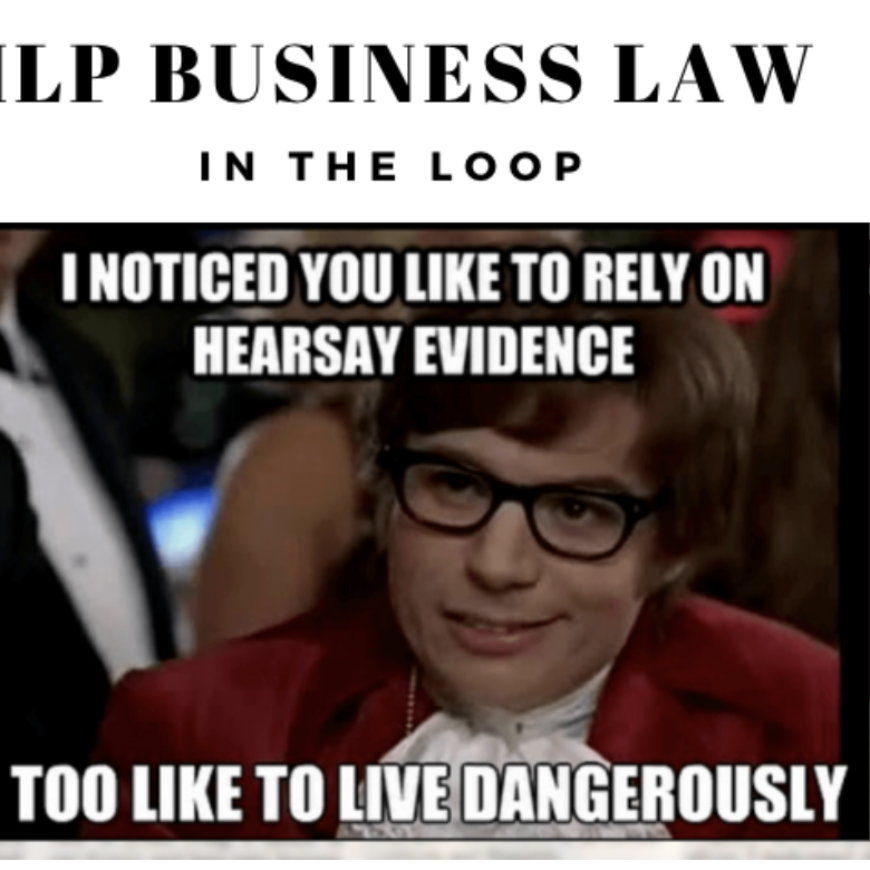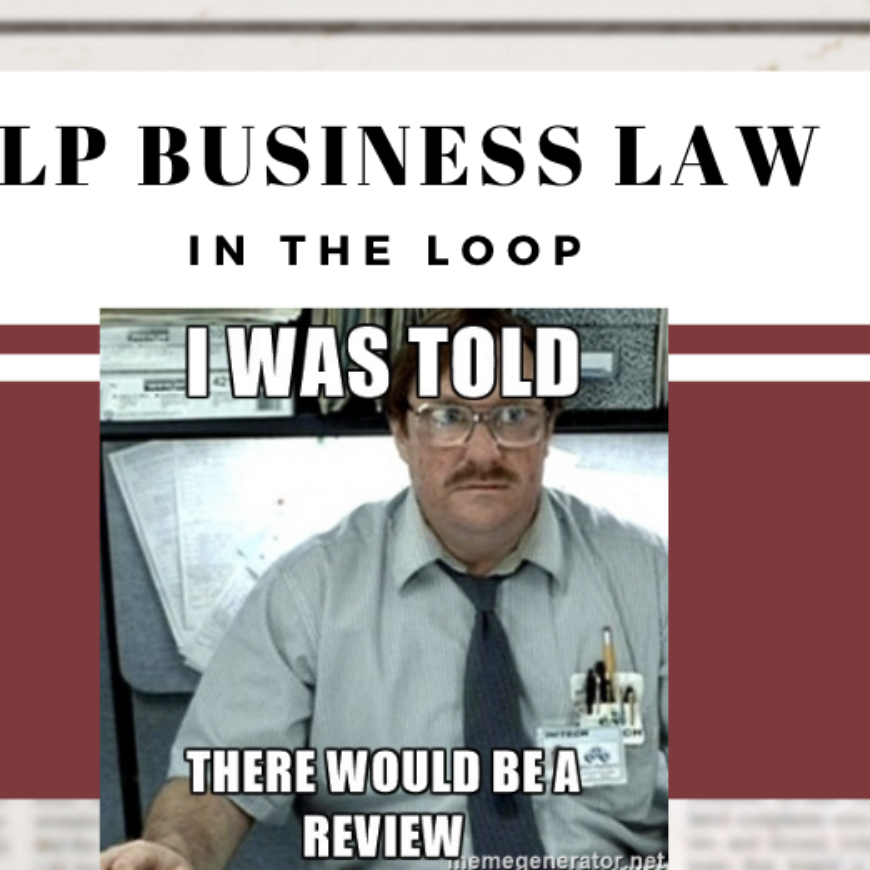Tom Stilp JD, MBA/MM, LLM, MSC
Businesses are more prone to breach traditional agreements during crisis events. Hotels offer services and amenities, according to management and guests, that were limited or not available when guests arrived.
Hotels have eliminated daily housekeeping, cut in-room dining, minibars, coffee machines, and limited or closed access to hotel health clubs. Hilton’s CEO has warned that service cuts will likely be permanent. (Schlapping, B. (2022). Hilton CEO Warns Hotel Service Cuts are Permanent. https://onemileatatime.com/hilton-hotel-service-cuts-permanent/).
Hotels are cutting even though hotels have improved their financial break-even point from 47% to 30%. (Op. cit.) Unions complain that hotels are getting full occupancy while eviscerating housekeeping jobs. (Rosenberg, E. (2021). Hotel Industry Emerges from Pandemic with New Business Model, Possibly Few Workers. https://www.washingtonpost.com/business/2021/06/11/hotel-workers-reduced-cleaning/). Notably, our short survey of two hotels found both are fully booked for March, 2022, and in one, rates have increased from $150 to $350 per night, without any increase in services.
A crisis event is a “down economic event.” The government defines a down economic event as a significant decline in economic activity across the economy, seen in GDP, real income, employment, production and wholesale-retail sales. (National Bureau of Economic Research, 2022).
Under contract law, Efficient Breach Theory (“EBT”) recognizes relationships represent a collection of agreements, some implicit, some explicit. Generally, people adhere to agreements because their adherence develops a reputation for trustworthiness and the ability to benefit from future contracts. People must be trusted not to breach contracts even when it is value maximizing to do so. Using EBT, breach of agreements creates opportunities to gain by defaulting on customers’ expected services.
Apart from the hotel industry, EBT conduct is generalizable to other industries which have cut amenities such as the airlines, the travel industry, and colleges and universities who are being sued for increasing tuition without providing in-person classes, labs, access to libraries and other facilities. A recent class action of 170,000 students was filed against 16 universities for engaging in conduct similar to what we have identified as EBT. (Hess, A. (2022). Lawsuit claims 16 top colleges overcharged over 170,000 students by “hundreds of millions of dollars.” https://www.cnbc.com/2022/01/11/lawsuit-claims-colleges-overcharged-students-by-hundreds-of-millions.html).
Experienced counsel not only knows the ins-and-outs of a courtroom, but is knowledgeable about the assumptions behind the legal issues, like the Efficient Breach Theory, and can make winning arguments. At Stilp Business Law, P.C., we have prepared thousands of agreements over the years, and have successfully litigated hundreds of contract disputes in court.



